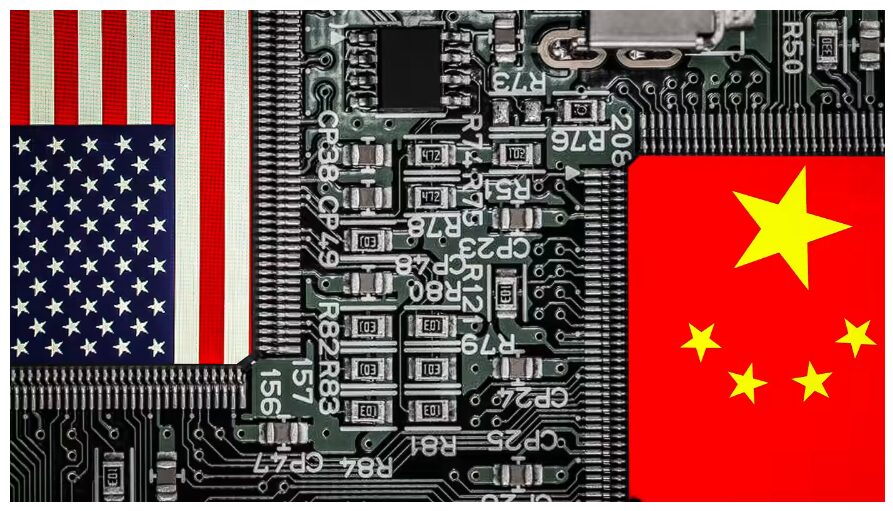
Dec 20, 2024
Daniel Russel is vice-president for international security and diplomacy at the Asia Society Policy Institute. He previously served as special assistant to U.S. President Barack Obama and Assistant Secretary of State for East Asian and Pacific affairs at the U.S. State Department from 2013 to 2017. He was a major figure in the Obama administration's "pivot towards Asia" strategy. In a recent interview with James Chau of China-US Focus in Tokyo, Daniel Russel shares his concerns on U.S.-China rivalry in new technologies and its impact on bilateral relations and the globe as well.
Sun Chenghao, Fellow, Center for International Security and Strategy of Tsinghua University; Munich Young Leader 2025
Zhang Xueyu, Research Assistant, Center for International Security and Strategy at Tsinghua University
Nov 18, 2024
China and the United States held their first governmental dialogue on artificial intelligence in May. But skepticism arose about its value because the U.S. continued to impose technological restrictions on China. Here are some suggestions for how to move forward toward greater understanding and mutual security.

Warwick Powell, Adjunct Professor at Queensland University of Technology, Senior Fellow at Beijing Taihe Institute
Oct 04, 2024
By insisting on protocols that enable cross-national interoperability in a world that lacks trust, the concept aims to break the grip of a handful of American tech giants while offering a chance for open-source systems to reestablish the sovereignty of all.

Yuan Sha, Associate Research Fellow, Department for American Studies, China Institute of International Studies
Aug 16, 2024
Given the high stakes, a coordinated effort to rein in artificial intelligence is crucial. Talks between the two powers must communicate mutual concerns, dispel misunderstandings and prevent this emerging technology from becoming a new source of tension.

Yu Xiang, Senior Fellow, China Construction Bank Research Institute
Mar 25, 2024
Security threat worries are unfounded. A ban of the platform would only undermine the confidence of international investors and pose significant risks to global economic development. Investors should pay close attention to these risks when making investment decisions.
James Hinote, Geopolitical Strategist
Aug 02, 2022
The international financial infrastructure has long been dominated by Western institutions. China’s advances in digital currency could help spread its influence on global commerce enough to challenge the hegemony of the U.S. dollar.
Zhou Xiaoming, Former Deputy Permanent Representative of China’s Mission to the UN Office in Geneva
Feb 26, 2022
By starting and sustaining a tech war against China, Washington has placed itself on the wrong side of history. Like its trade war, the battle in the high-technology sector will turn out to be difficult to win.
Jianyin Roachell, Transatlantic Digital Debate Fellow and Research Associate at Max Planck Institute of Geoanthropology
Nov 04, 2021
China is on the cutting-edge of information technology, providing consumer electronics and telecommunications equipment to much of the world. Its own digital infrastructure is due for a modest upgrade that will be rolled out by 2023.
Zhang Monan, Deputy Director of Institute of American and European Studies, CCIEE
Oct 02, 2021
In a field where competition for science and technology, rule-making and dominance are natural, China and the United States have both conflicting a complementary interest. There is a lot of room for cooperation.

Wang Yuzhu, Research Fellow, Institute for World Economy Studies, SIIS
Aug 27, 2021
Correctly understanding each other’s policies will avoid sinking into an infinite negative loop. Speculation about China-U.S. financial decoupling has returned. But politicization of financial matters will only do further damage to the already deteriorating bilateral relationship.